News
DAO-Powered Game Development and the Future of Community-Focused Projects
ChainPlay
•
one year ago
Share :

Image by freepik
Technological progress is transforming the gaming landscape and providing stakeholders with more opportunities for expansion. This has enabled creators and developers to offer players and customers exciting features and a more immersive experience, even for the average mid-tier game. One of the major shifts in the gaming industry is the gradually increasing popularity of decentralized autonomous organizations (DAOs) that empower gaming ecosystems. These organizations help distribute the responsibility of decision-making among members of the game’s community.
The DAO model encourages collaboration and transparency in game development and can expand the functions of cryptocurrencies in general. Tokens used in gaming ecosystems can be bought and sold within and outside the gaming environment, and their functionality could be expanded enough that they are listed on reliable crypto leverage trading sites that offer users hundreds of perpetual markets, low fees, demo trading tools, and up to 200x leverage.
DAO-Led Game Development
Gaming development governed by a DAO is simply the extension of the decentralized governance model to gaming. The aim is to allow community members to influence and direct a game and its future so that outcomes align with the community’s preference. DAOs are powered by smart contracts that automatically run according to rules in their code, ensuring transparency and accountability while reducing the risk of manipulation.
This type of governance significantly differs from traditional models, where a central entity holds control and may be biased in voting on proposals, allocating resources, and influencing game development. Implementing the DAO structure can speed up the game development process, provide more responsive updates, and ensure that players and developers agree.
How DAOs Improve Game Development
The process begins with developers, designers, and other contributors creating proposals for updates or new features. The proposals are then put to a vote, where members of the DAO’s community contribute to the final decision based on their stake in the DAO.
This method revolutionizes gaming development because the chance of a monopoly is low. Since the DAO allows anyone with a stake to contribute, most members of the community usually agree with the final decision because even the smallest participants have a say.
The major benefit of this approach is the community’s connection to the final product. Many game developers are usually criticized by players when they make decisions that seem disconnected from the community’s preferences. Players sometimes complain when traditional or centralized entities implement changes for financial gain rather than focusing on user experience or gameplay improvements. With a DAO, developers build strong and loyal bases of players who are sincerely invested in the game’s success.
Challenges of the DAO Model in Game Development
The implementation of the DAO model in game development is not without its challenges. One major issue is the speed of decision-making. Unfortunately, the voting process can be significantly slow as the DAO tries to capture votes from all members. Gathering votes and reaching a consensus on specific complex issues can be difficult if there are many different opinions.
Another challenge is the technical implementation of a DAO. The smart contracts used to enforce decentralization must be well-coded and carefully designed to avoid security vulnerabilities that malicious actors can exploit. Unfortunately, cybercriminals are sometimes able to exploit these smart contracts.
There also is the technical know-how needed to run a DAO. Technical infrastructure required, since DAOs rely on blockchain technology, may be difficult for the average participant to understand and relate to.
Finally, there is the risk of centralization. While the primary purpose of a DAO is to ensure decentralization, voting power is usually awarded based on each participant’s stake size. Community members who have a large stake and can buy a sizable amount of the DAO’s governance token can sway decisions in their direction because they wield more power.
Why Community-Led Projects Are Necessary
Despite the disadvantages, there are a few reasons why these projects are the future. Outside of the decentralized model, players are commonly ignored because traditional models did not allow much room for community contribution. The centralized entities and decision-makers usually implemented changes without external input, much to the players’ dissatisfaction. However, DAOs help to create a more inclusive and engaging environment that properly reflects the community’s desires.
In addition, decentralizing decision-making instills a strong sense of ownership among players. If they have a direct say in its design, these players are more likely to support a game over time. This directly improves engagement rates and leads to longer player retention.
Gaming DAOs are a natural step in the evolution of game development, especially as communities continue to grow. With DAOs, developers and creators are more likely to enjoy long-term success and encourage deeper engagement among players.
Another major perk of decentralized game development is a reduction in the barriers to entry. With enough organic interest, any developer can raise funds and accept contributions and consultations while building their title from the ground up without waiting for financial or institutional backing from a venture capital or other large corporation.
Conclusion
While DAO-powered game development offers a new way to build and sustain games, developers must be ready for the big changes. Stakeholders must consider the timing required for votes, the technical requirements, and the risk of centralization before making a final decision. In general, DAOs offer a more transparent and engaging model and will likely lead to a surge of player-driven games despite challenges.
Share this article
#Other
Latest News
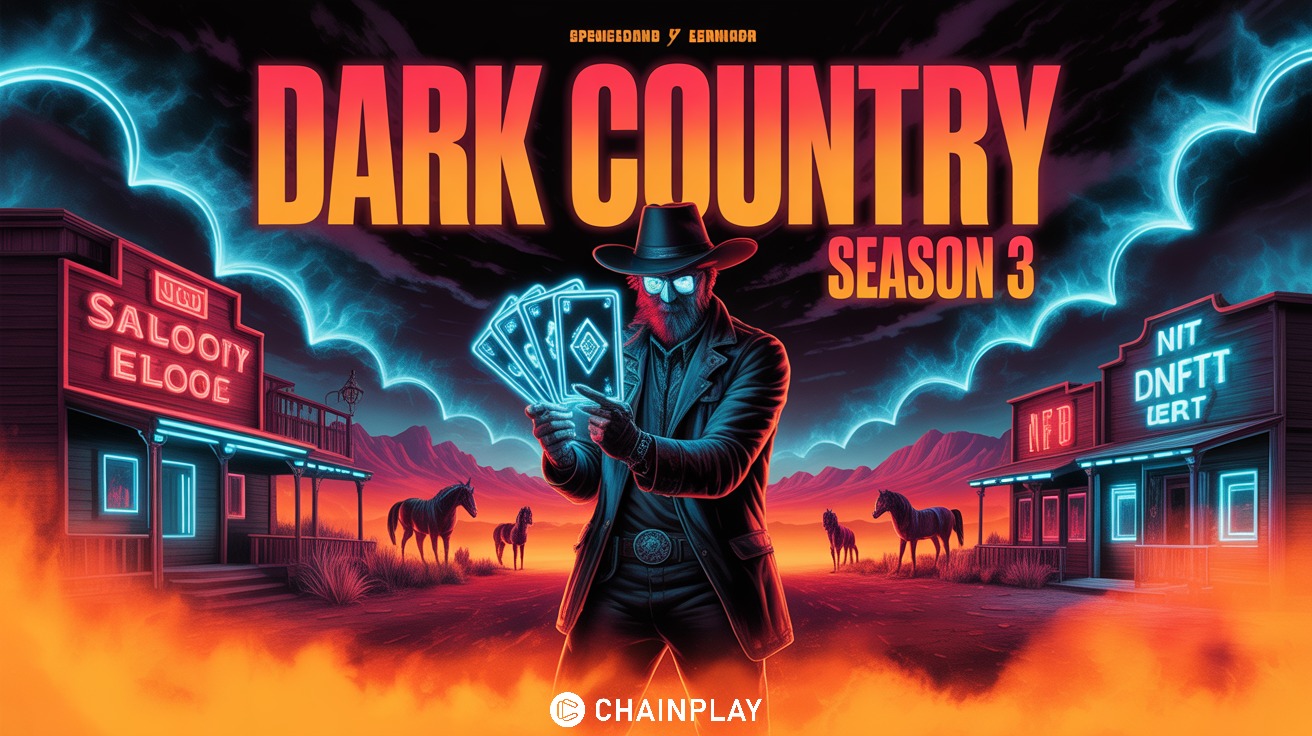
Dark Country Season 3: Web3 Card Game Returns
17 hours ago
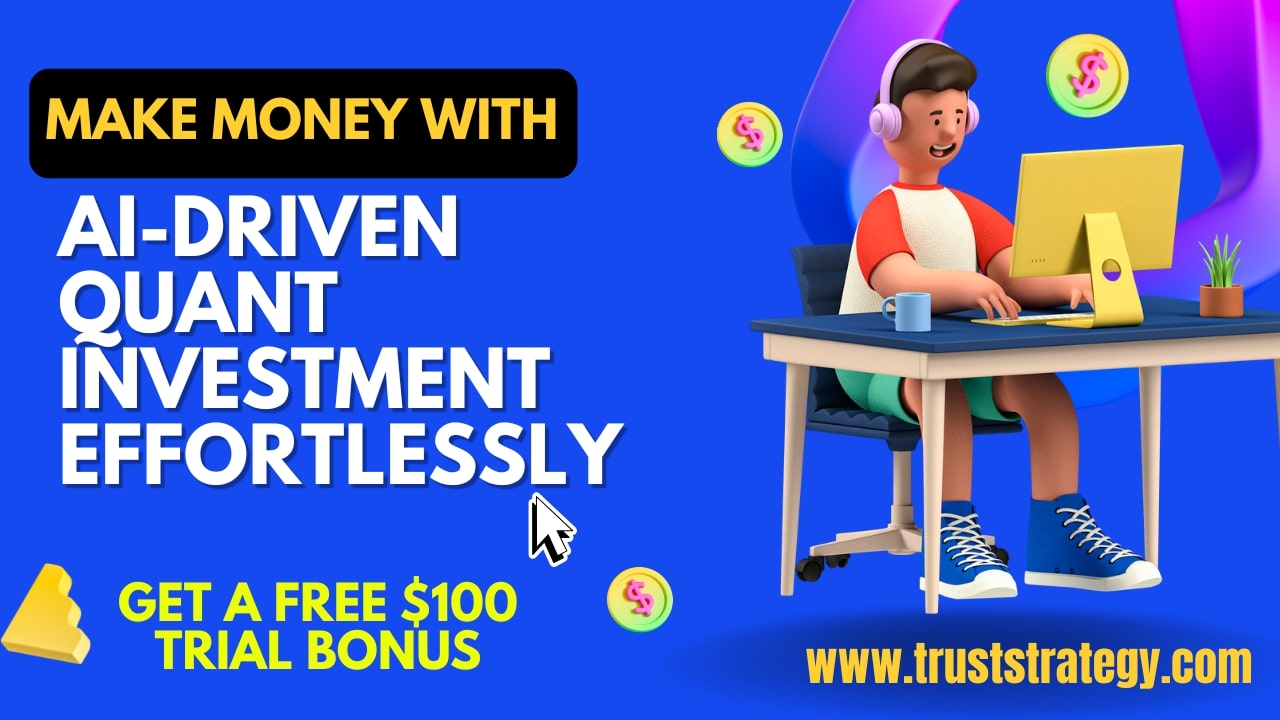
AI Trading Bot 2025: How TrustStrategy Turns Simple
18 hours ago
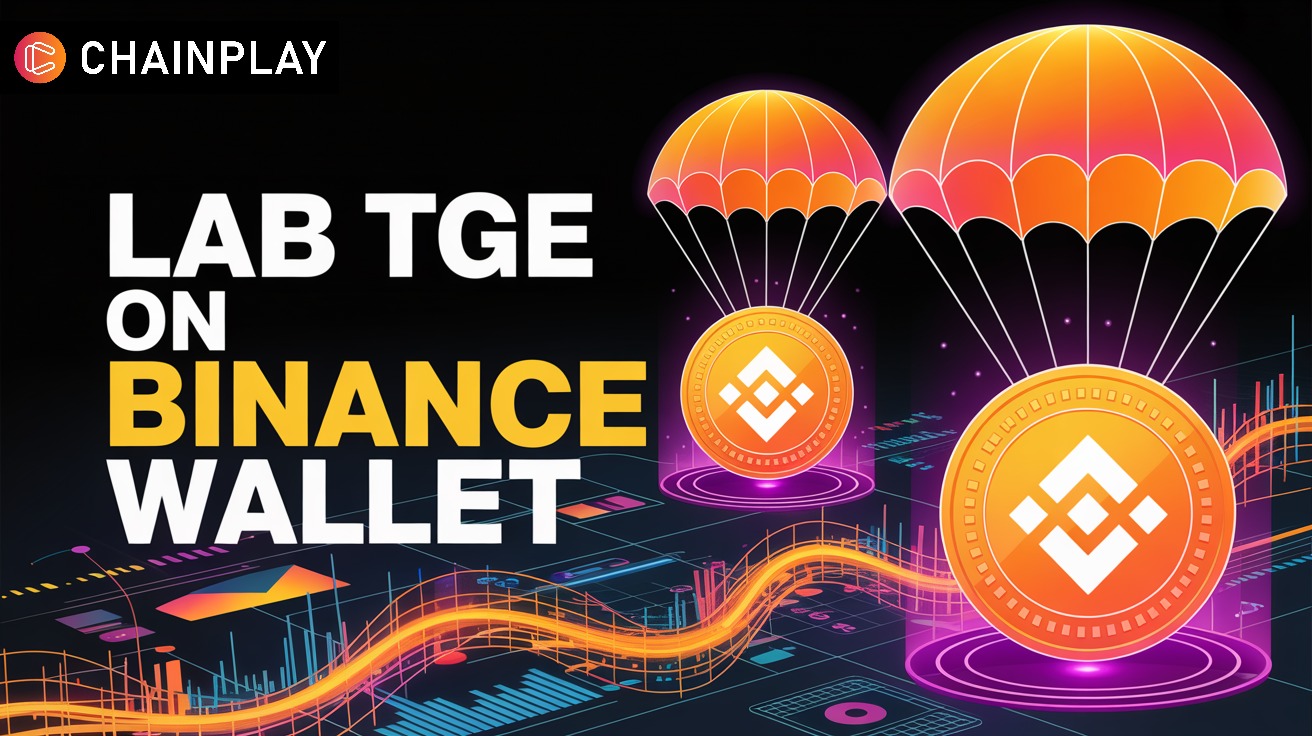
Binance Announces 40th TGE, Lab (LAB), With Two Exclusive
2 days ago
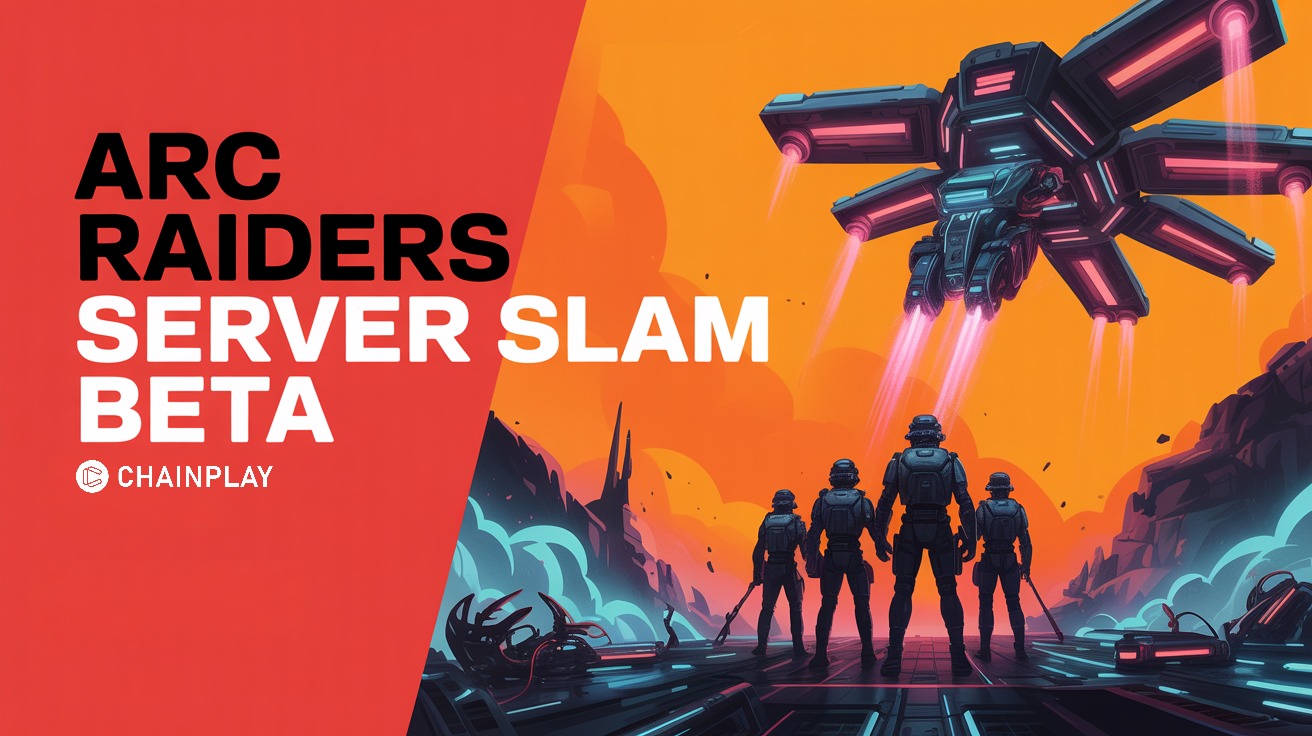
Arc Raiders Beta: Test the Extraction Shooter Early
2 days ago
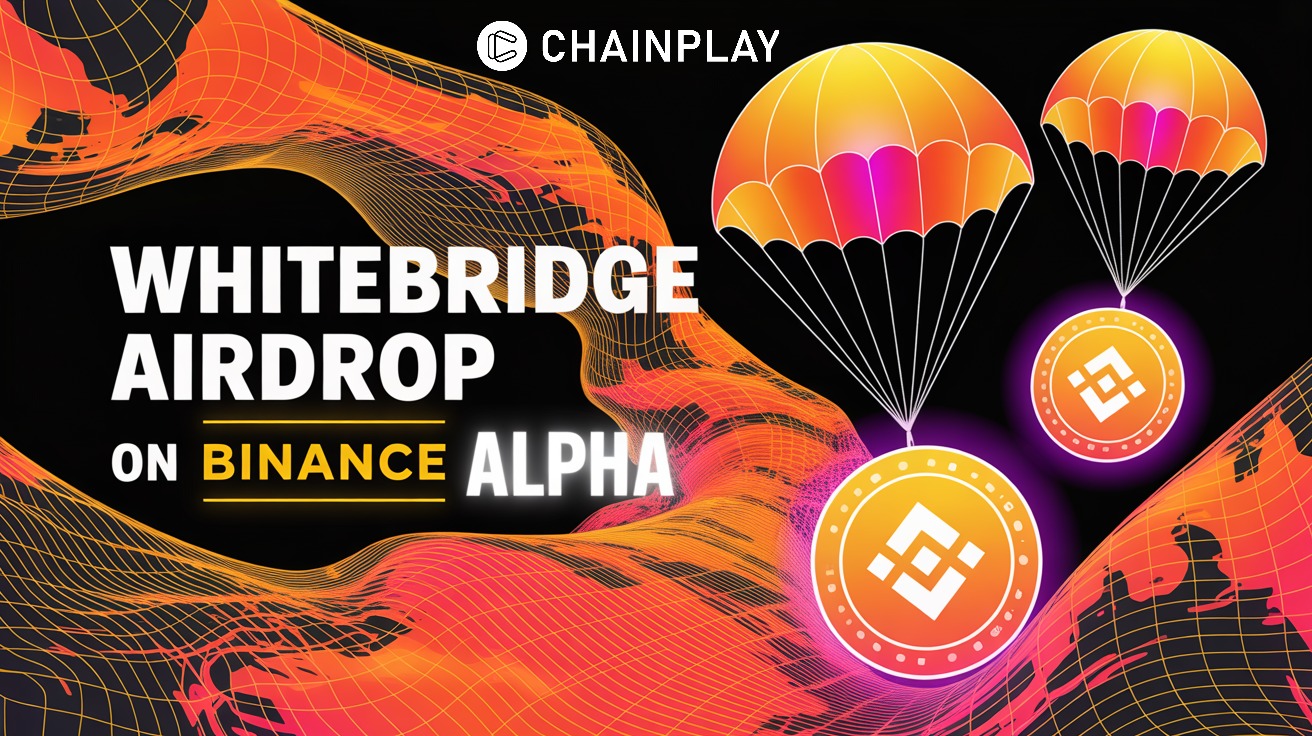
WhiteBridge Network (WBAI) To Launch on Binance Alpha
2 days ago
Related articles

On October 14, 2025, Binance Alpha will host its 40th exclusive Token Generation Event (TGE) with the launch of Lab (LAB). Eligible users can subscribe for a $LAB airdrop via Binance Alpha Points from 08:00 to 10:00 UTC.
ChainPlay
•
2 days ago

Turn simple investing into smart growth with TrustStrategy's AI trading bot. Get a $100 trial bonus, 5% referral commissions, and instant withdrawals. Automated for everyone.
ChainPlay
•
18 hours ago

Explore Dark Country Season 3, a gothic NFT card game. Play, earn XP, and win crypto rewards in ranked PvP and tournaments.
ChainPlay
•
17 hours ago



